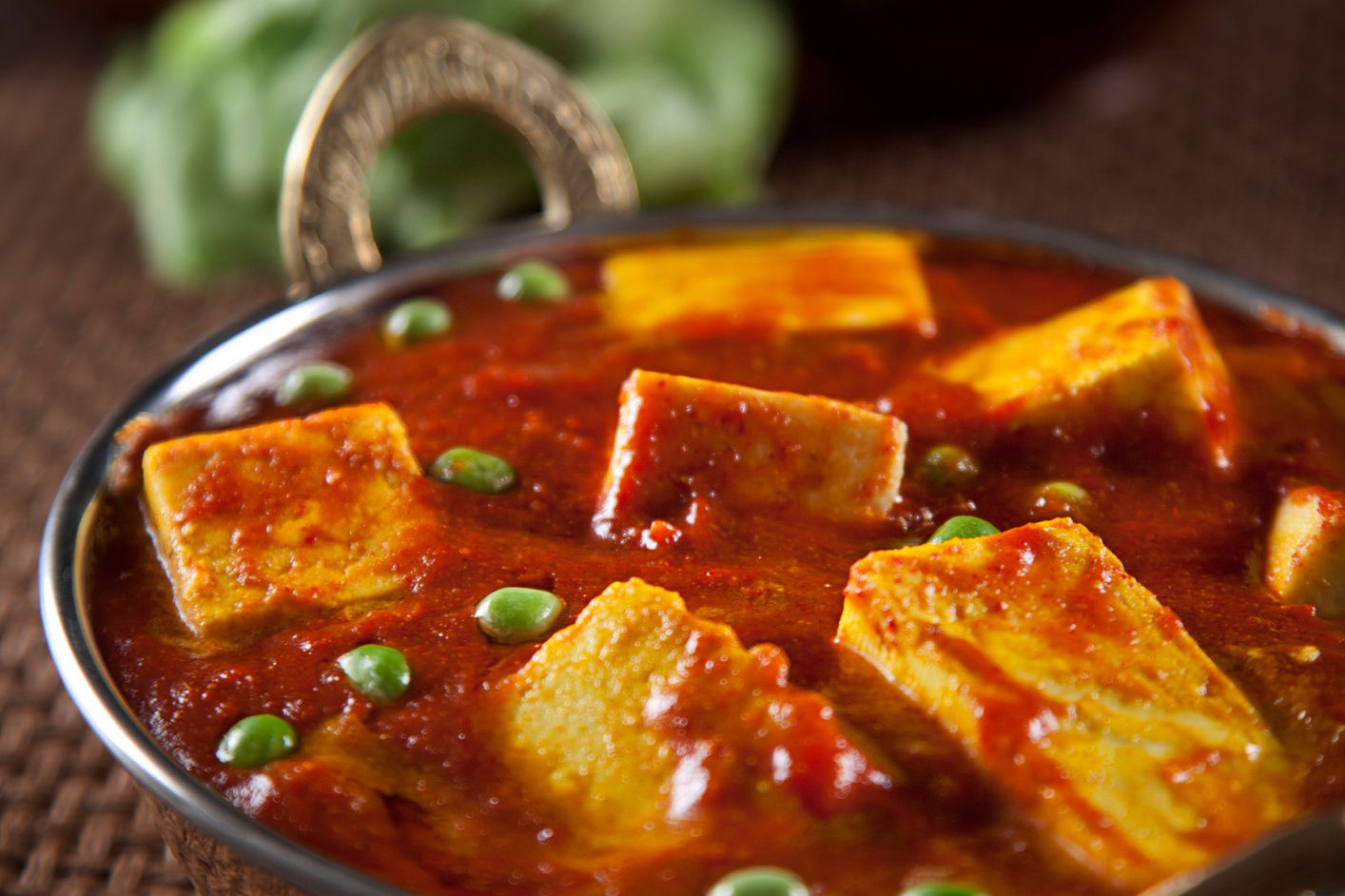
Photo Courtesy of The Spruce Eats
When diets and deities align
As a Hindu, junior Hritika Chaturvedi was taught from a young age that “the human body is not a burial ground for animals and birds,” and that one should adopt a vegetarian lifestyle to prevent the harm of animals.
“My nuclear and extended family are all vegetarian,” Chaturvedi said. “Our religion believes that the methods of food production must be acceptable in terms of nature, compassion, and respect for other life forms.”
This vegetarian lifestyle traces back several generations and is mostly a result of her family ranking and religion.
“My ancestors and I belong at the top of the caste system—the Brahmin class,” Chaurvedi said. “Brahmins pursued reputed occupations, such as teaching and doctory. We were teachers, not fighters in the army, and thus, did not need a muscular build.”
Chaturvedi said that the best diets are dependent on the quality of the food, which is irrespective to the type of food a person eats, whether it is vegetarian, vegan, or nonvegetarian. To her, one of the many wonderful aspects of being vegetarian is the Indian cuisine, which primarily consists of plant-based dishes.
“My favorite recipes include that of my mother’s plates,” Chaturvedi said. “She combines many dishes unique to distinct regions and traditions of India. All such are absolutely delicious.”
However, being a vegetarian comes with some inconveniences. She often experiences times where it is hard to find restaurants accommodating to a vegetarian diet. Many vegetarians also lack some necessary nutrients, such as Omega-3 and protein, that are more so found in meat.
“My family and I consume lentils and dairy products with nutrients that would otherwise be found in meat and broth,” Chaturvedi said.
Furthermore, Chaturvedi said that adopting a vegetarian lifestyle comes with plenty of environmental, health, and economic benefits that ultimately outweigh the cons. For example, she and her family have contributed to the reduction of global warming by not consuming meat. In addition to helping out the environment, vegetarians are also less likely to be diagnosed with heart disease, certain types of cancer, and obesity.
“Although not absolutely applicable to all who belong to the world’s vegetarian population,” Chaturvedi said, “the benefits of vegetarianism [include] a lowered saturated fat and cholesterol consumption, an extended life span, and a lowered risk of developing certain cancers.”
Having been a vegetarian her whole life, this is a lifestyle for Chaturvedi and is something she has no intention of changing in the future. The best notion associated with vegetarianism, she said, is knowing that no animal has been slaughtered for her consumption.